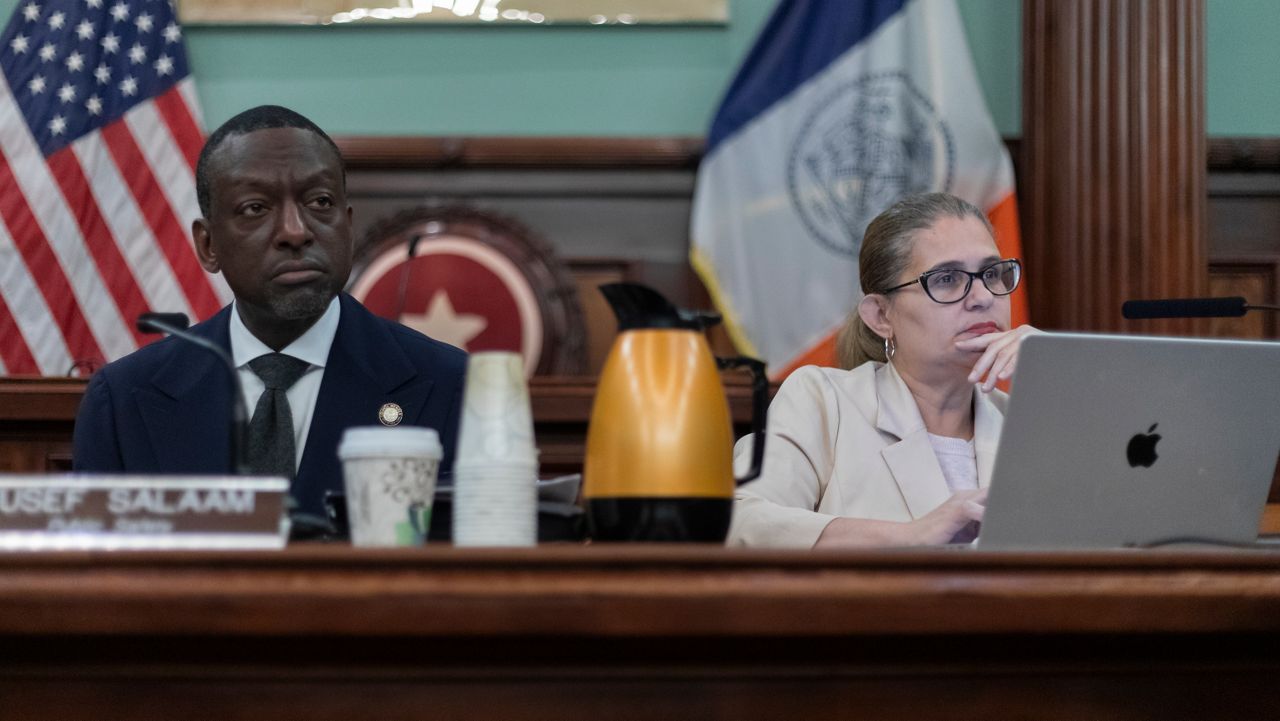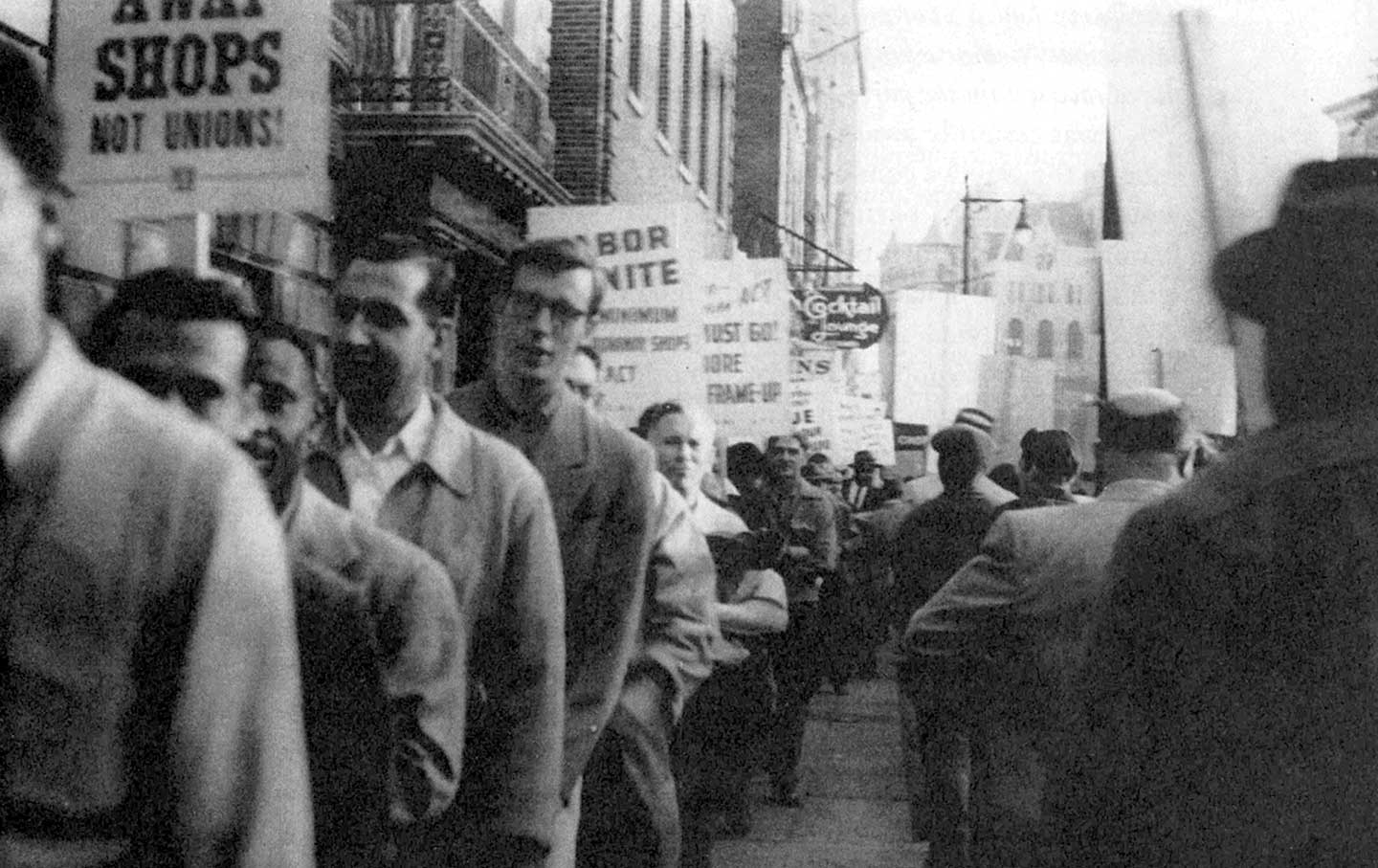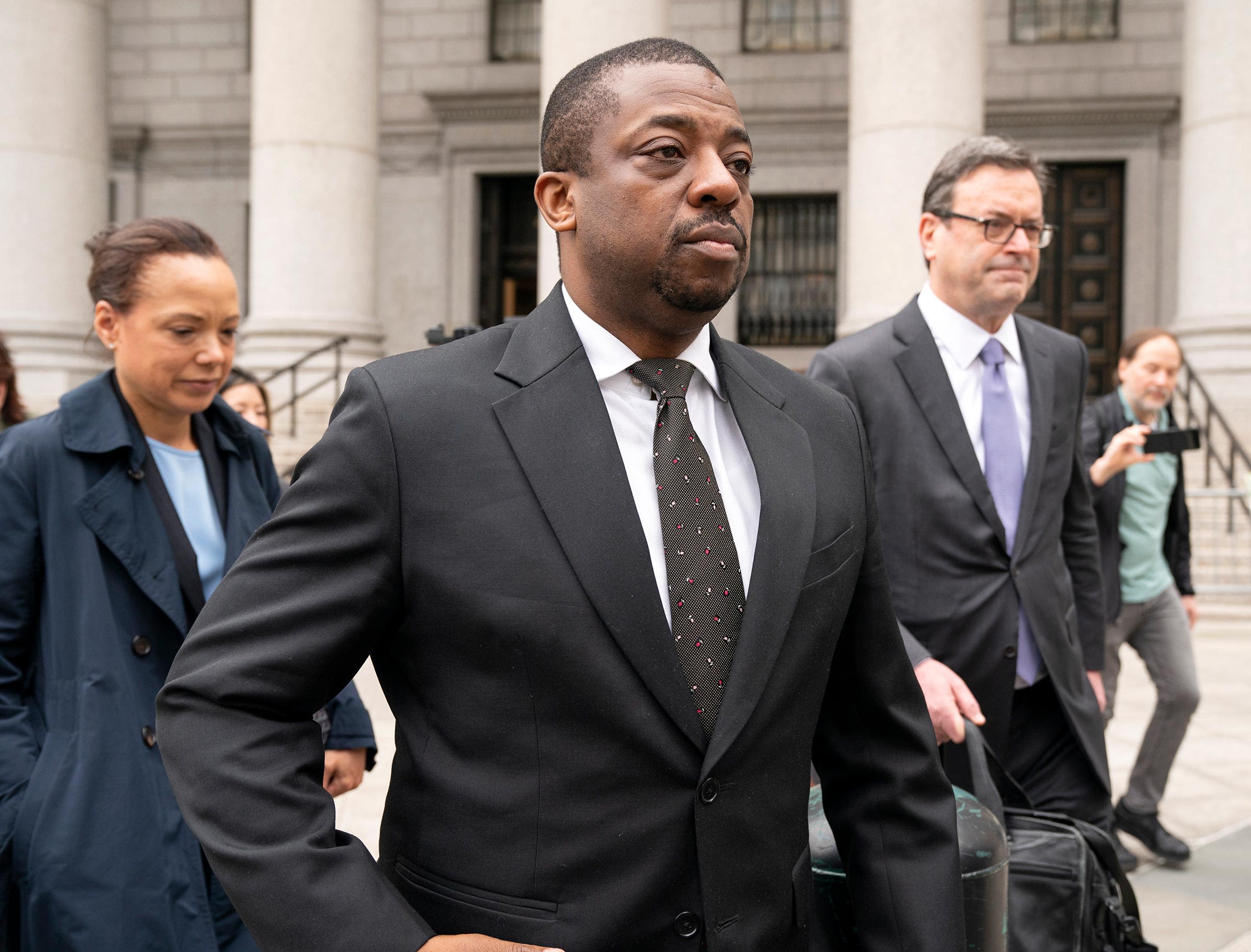- BlackVoter.Org
- Posts
- BLACKVOTER.ORG
BLACKVOTER.ORG

In "Do Voters Reward Good Policy?" from The Atlantic, Jerusalem Demsas explores the essential question of whether voters genuinely recognize and reward effective policies implemented by their leaders. Highlighting political scientist Hunter Rendleman's research on the Earned Income Tax Credit (EITC), the article illustrates that while voters often struggle to attribute benefits to specific policymakers, there are instances where they do respond positively when they see tangible improvements in their lives.
For instance, Rendleman's findings suggest that governors who expand EITC programs typically gain higher approval ratings and vote shares, particularly in poorer areas with a higher number of claimants. This challenges the notion that voters are entirely unsophisticated, arguing instead that their reactions are complex and context-dependent.
The discussion reveals that while immediate rewards in the form of votes might vary, the feedback loop between effective policy and voter response is indeed vital for a healthy democracy.

The City Council's Committee on Public Safety recently convened to scrutinize NYPD practices, particularly the controversial stop-and-frisk policy. Shockingly, council members stated that a staggering 99% of police stops target people of color.
Advocates and lawmakers shared personal testimonies highlighting the urgent need for reform, with Bronx Councilmember Althea Stevens emphasizing the importance of addressing systemic injustices. The discussion became heated, especially when Queens Councilmember Vickie Paladino pressed reform advocates on accusations of racism.
NYPD officials acknowledged that while overall stops have decreased, the disproportionate impact on Black and brown communities raises critical questions about policing practices. With data indicating a rise in unconstitutional stops, the council aims to implement the "How Many Stops Act," mandating detailed reporting by officers.
The hearing underscored the city's ongoing struggle for equitable policing, with council members pushing for accountability and a shift towards fairer treatment in law enforcement.

In a thought-provoking opinion piece, Isha Sharma expresses her disillusionment with Indian Americans in politics, lamenting that many do not embody the admirable values she hoped they would uphold. Highlighting figures like Bobby Jindal, Kash Patel, and Vivek Ramaswamy, Sharma critiques their questionable ethics and alignment with far-right agendas that often dismiss the very struggles faced by their communities.
She reflects on the promise of representation that initially excited her, only to find a troubling trend of leaders prioritizing power and popularity over authenticity and moral responsibility. Sharma argues that this self-serving behavior not only undermines their heritage but also threatens broader political progress.
With Indian Americans now a significant political force, she urges the community to embrace responsible leadership that truly advocates for social justice, inclusivity, and unity rather than falling prey to partisan divides and ambition.

In an engaging interview, Eugene Thompson reflects on his groundbreaking role as the first director of the Alexandria Black History Museum, a position he took on in 1987. He passionately discusses the significance of the 1939 library sit-in, which marked a pivotal civil rights demonstration for desegregated public library access.
Thompson shares how he transformed the museum's space and exhibited the rich narratives of Alexandria's African American community, particularly focusing on education and the legacy of local schools. He recalls the excitement upon opening the museum in 1989, the importance of community support, and the establishment of a commemorative plaque for the sit-in to educate the public further.
Thompson's journey illustrates the power of storytelling in preserving history and fostering inclusion, inspiring future generations to understand and celebrate their heritage.

In a compelling interview, SiriusXM host Karen Hunter advocates for a “reverse migration” of Black Americans back to red states. Hunter suggests that instead of fleeing to urban hubs, communities should focus on revitalizing areas like Jackson, Mississippi, and rural southern counties, where the need for engagement and resources is critical.
She emphasizes the power of local involvement to inspire change and improve the lives of families left behind. Highlighting the recent narrow election outcomes in southern swing states, Hunter calls for Black citizens to mobilize, asserting that fighting for representation should extend to all corners of the nation, even traditionally conservative areas.
Through her new podcast and ongoing work, she aims to foster a collective sense of responsibility and support, encouraging individuals to transform their communities actively. Hunter's vision sparks a vital conversation about resilience, unity, and the importance of local engagement in shaping a better future for all.

In the aftermath of the 2024 election, the Democratic Party faces a critical introspection regarding its engagement with Black male voters, a demographic pivotal to its success. Vice President Kamala Harris recently sparked conversations on these issues through a candid interview on the ALL THE SMOKE podcast, where she addressed systemic failures affecting Black men.
Despite winning 77% of the Black male vote, turnout fell short of expectations, highlighting the party's historical neglect. Experts like Mondale Robinson emphasize that without genuine outreach and tailored policies, the Democratic Party risks alienating this key voter base further.
Issues like unemployment and police reform take center stage, as many Black men feel their voices and needs are overlooked. As the party prepares for future elections, the call for activists and politicians to forge deeper connections with Black men grows louder, urging a shift from reactive strategies to proactive, inclusive engagement.

David Montgomery, a pivotal figure in labor history, dedicated his life's work to understanding the intersection of work and politics. Through his extensive research, including landmark texts like The Fall of the House of Labor, he illuminated how workers’ experiences shape their political identities.
Despite the contemporary political landscape often invoking the working class, Montgomery revealed a stark omission—the actual realities of work. His latest collection, A David Montgomery Reader: Essays on Capitalism and Worker Resistance, edited by former students, showcases his commitment to the material conditions and cultural contexts of labor.
Montgomery argued for a labor history that encompasses workers' creativity, solidarity, and activism, emphasizing that understanding their nuanced realities offers vital insights into American history. His reflections resonate today, as modern laborers confront similar struggles against managerial authority, echoing the sentiments of their early 20th-century counterparts.
Montgomery's vision inspires continued engagement with the working class and their enduring quest for dignity and equity.

The Supreme Court has denied an appeal from former New York Lt. Gov.
Brian Benjamin, who faces federal bribery charges stemming from a 2019 case. Accused of trading campaign contributions for a state grant, Benjamin argued that prosecutors overreached by linking his fundraising efforts with his decision to allocate state funds to a nonprofit backed by a developer.
His legal team claimed that a clear “quid pro quo” wasn’t established, invoking First Amendment rights in campaign finance. However, the Justice Department maintained that such an explicit exchange isn't necessary for bribery allegations, cautioning that overly stringent requirements could allow misconduct to go unchecked.
While a federal district court dismissed the charges, the 2nd US Circuit Court of Appeals reversed that decision, sending the case back to trial. The appeal's rejection reflects ongoing tensions between anti-corruption efforts and political activity rights.

Dr. Harry Robinson's remarkable journey in shaping African American culture in Dallas is a true inspiration.
As the founding president and CEO of the African American Museum of Dallas, he has dedicated decades to preserving and celebrating the rich contributions of African Americans. Now marking its 50th anniversary, the museum stands as a vital cultural institution, showcasing over 60,000 artifacts that highlight African American art, history, and achievements.
Under Dr. Robinson's visionary leadership, the museum has not only become a hub for cultural education but also a resource for young people, thanks to its extensive outreach programs.
His commitment to preserving history ensures the stories of African Americans remain alive for future generations. With a legacy rooted in empowerment and cultural enrichment, Dr.
Robinson’s influence will continue to inspire and educate long into the future, solidifying his place as a beloved figure in Dallas and beyond.